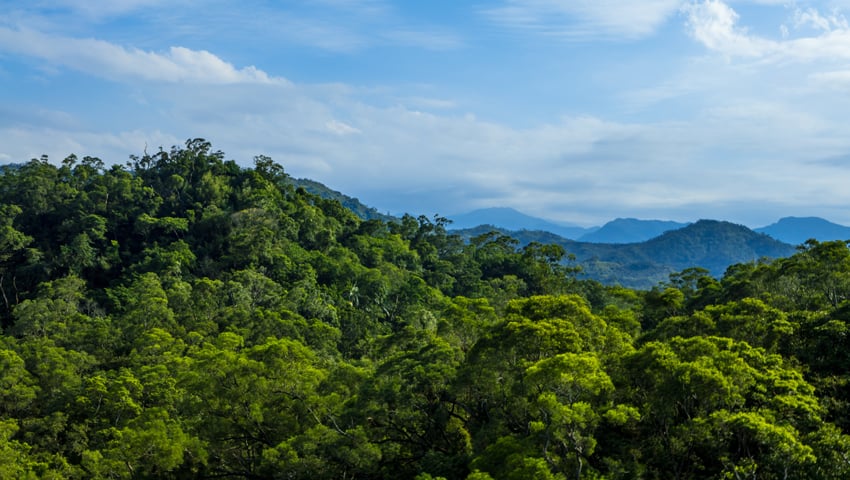Mirova, an affiliate of Natixis Investment Managers, has unveiled three new impactful nature-based carbon investments, located in Argentina, Costa Rica and Madagascar, following the successful raising of over US$350 million.
The company says that this demonstrates Mirova’s capacity to mobilise substantial private capital to support high-integrity projects that contribute to climate change mitigation and adaptation, ecosystem conservation and restoration, improved livelihoods and well-being, as well as gender equality and inclusion.
Mirova has developed investment expertise dedicated to “nature-based carbon assets” to empower institutional and corporate investors to contribute to global objectives of nature protection and carbon neutrality.
The strategy aims to support high-quality projects dedicated to protecting and restoring nature mostly in emerging markets, as well as supporting farmers in their transition to regenerative agriculture. Mirova seeks to generate carbon credits and co-benefits for local communities, with a particular focus on promoting women’s independence.
Gautier Quéru, Managing Director for Natural Capital at Mirova, said, “We are witnessing an acceleration in the mobilisation of private and corporate investors who are increasingly recognising the critical importance of decarbonising their own activities but also to contribute to efforts beyond their value chains. We are proud to present three new investees that promise to deliver strong positive impacts on both environmental and social fronts, while also offering attractive return potentials.”
$40m invested across three high-impact projects:
Juramento, Argentina
This large-scale restoration and reforestation initiative targets approximately 3,000 hectares of severely degraded land in Argentina that was previously cleared for intensive agriculture and cattle ranching. The project will focus on restoring native vegetation, improving soil health, and enhancing local biodiversity. It aims to sequester over 2.8 million tons of CO2 over the next 40 years through reforestation with a mix of native species.
Ganbos, Costa Rica
This groundbreaking carbon removal initiative aims to restore 30,000 hectares across three regions: Guanacaste South, Guanacaste North, and San Jose and Puntarenas. The project will generate at least 5.2 million carbon credits over the next 40 years by integrating regenerative cattle grazing with large-scale reforestation efforts. Local farmers will be trained and equipped to adopt sustainable agricultural practices that improve productivity while restoring degraded land. The initiative is expected to deliver significant biodiversity co-benefits, as well as improve the livelihoods of local communities through the sale of carbon credits.
iTERAKA, Madagascar
Aiming to reforest 6,000 hectares of degraded land in rural areas of central and eastern Madagascar, the TERAKA Project will involve planting 3 million trees over the next eight years. This community-led initiative is based on the International Small Group and Tree Planting Program (TIST) model, empowering smallholder farmers by providing training and financial support to implement reforestation activities on their land. The project not only aims to sequester approximately 1.5 million tons of CO₂ over 30 years but also has a strong focus on gender inclusion, supporting over 15,000 farmers, particularly women and youth, to retain ownership of the planted trees and their products.
